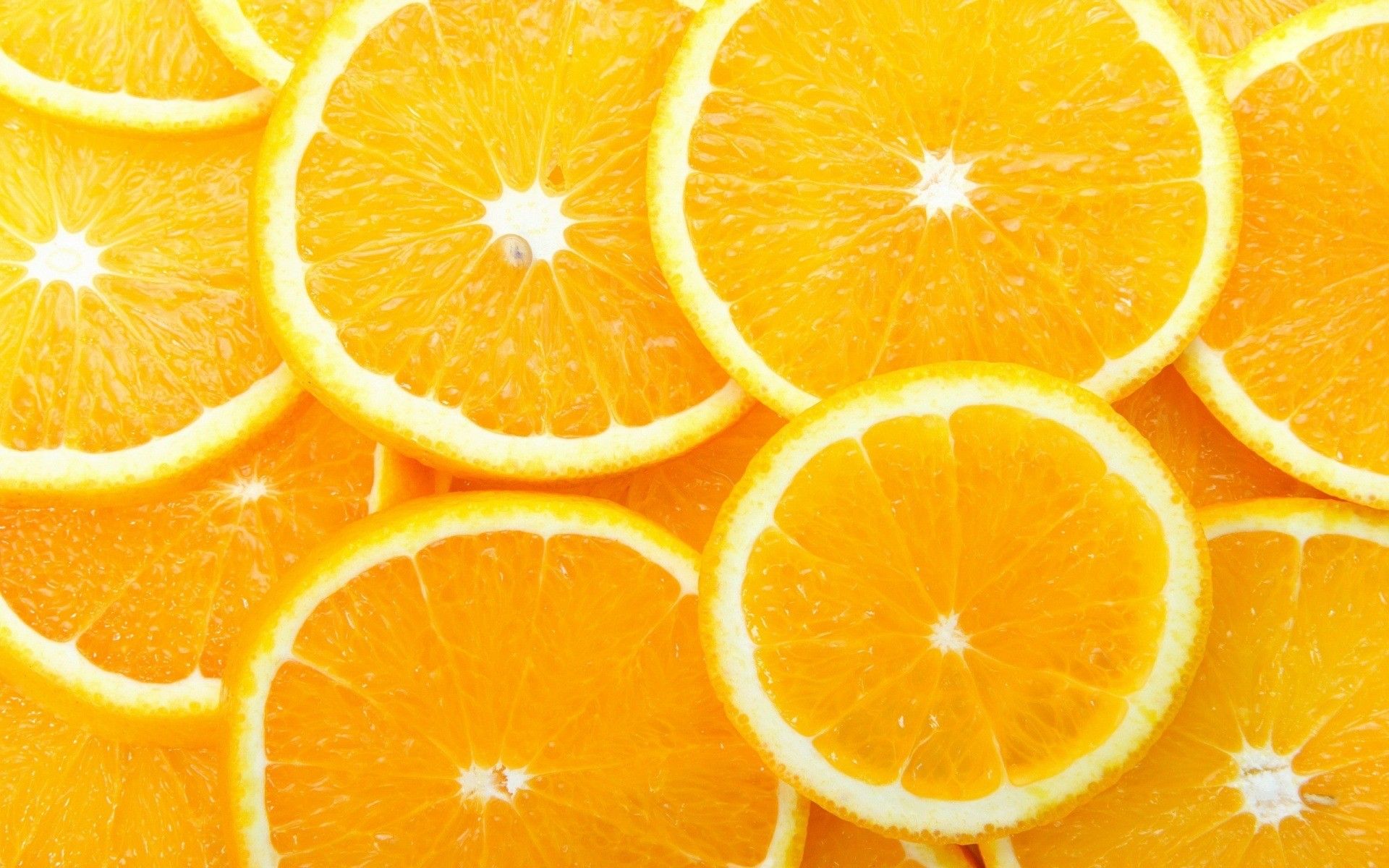Editor’s Note: Fiberstar Bio is launching a campaign on AgFunder this month. The company will be hosting an investor webinar on May 7 to speak about the opportunity.
As the public becomes increasingly health conscious, food and beverage manufacturers are scrambling to meet demands for clean label products made with simpler, more natural ingredients. In response to this recent trend, a company called Fiberstar Bio-Ingredient Technologies is preparing to enter the market with “all-natural, highly functional” ingredients made from citrus fruits, sugar beets, and potatoes.
Fiberstar Bio has already licensed a commercial product called Citri-Fi, a multifunctional moisture-binding agent made from orange pulp, and is currently developing a new and all-natural citrus-based thickening and suspending ingredient for application in sauces, beverages, and dressings, called Modi-Fi.
Dale Lindquist, Director of Sustainable New Business Development, said that when it comes to processed food, consumers value simplicity. “People don’t want to look at a label and see a long list of unrecognizable synthetic ingredients—they want to understand what they’re eating,” he said. “And for that reason, there’s a pent-up demand for the natural products we’re developing at Fiberstar Bio that will be simply listed as citrus fiber, sugar beet fiber or potato fiber on the label.”
The R&D team, which was spun out from sister company Fiberstar, Inc. in 2010 to form Fiberstar Bio, has been developing clean label solutions for over a decade, with 12 patents—eight of which are owned by the University of Minnesota—and 10 more pending. According to Fiberstar Bio, its ingredients are healthier and more cost-effective alternatives that don’t sacrifice taste or texture.
The company’s royalty revenues have grown as a result of sales in Asian, European, and South American markets over the years with Citri-Fi, and Fiberstar Bio will continue its expansion into international and domestic markets with its own product line, Modi-Fi. Lindquist said that by producing samples and gaining international market exposure, the company can better convince hesitant manufacturers in the U.S. that swapping out synthetic ingredients for natural alternatives doesn’t mean compromising the quality of long-trusted formulas. In fact, the company claims that more commonly used fiber and gum-based ingredients are often responsible for many unsatisfactory textures—they’re either “too gritty or too slimy.”
“Our goal is to develop ingredients that maintain or improve the texture of a food product,” CEO Brock Lundberg said. “There are other natural applications in the market, but none have accomplished a mouthfeel this smooth.”
While Modi-Fi is primarily targeted towards food and beverage applications, the company believes this product can one day be used to replace chemical emulsifiers in cosmetics and topical pharmaceuticals, and serve as an industrial ingredient in paints and drilling fluids.
Fiberstar Bio will launch its fundraising campaign with AgFunder this month, and hopes to direct funds towards product samples and the construction of a small-scale commercial demonstration plant in the U.S. The company will also work to establish long-term contracts with raw material suppliers as production ramps up over the next year.
The team is excited to finally bring their products to the masses. “There’s no better feeling than getting those first orders in and having customers say they believe in the product,” Lindquist said. “The consumer is the driving force behind what we’re doing.”
FEATURED IMAGE: victoria white2010/Flickr





